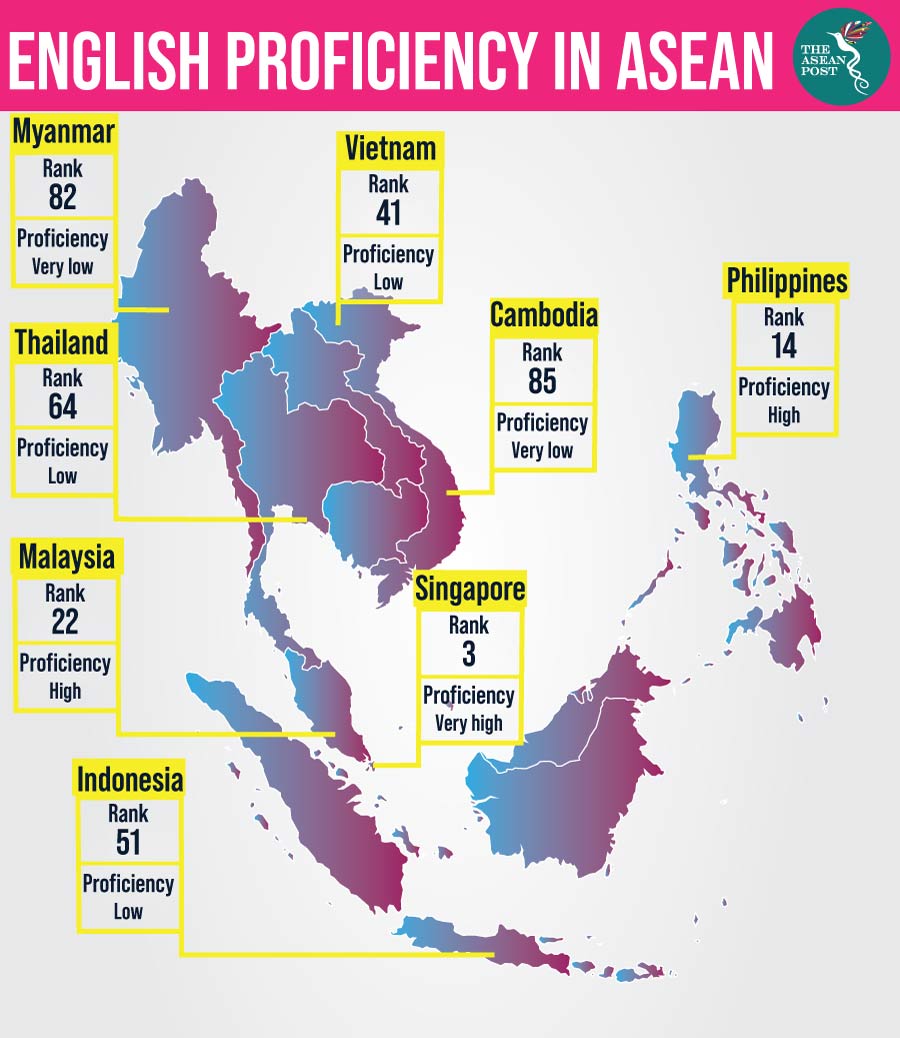Thailand’s Ministry of Education recently revealed that it would push for the inclusion of a third language: coding (computer programming language) into its school curriculum.
Deputy Education Minister Kalaya Sophonpanich was responding to the proposal of teaching coding at schools from Future Forward MP Kulthida Roongruangkiat during the debate on the government’s policy statement. Kalaya said that it was her wish that Thai students learn a third language (in addition to English and their native language) as early as kindergarten if possible.
As a science student herself, the deputy education minister promised that she would push for the inclusion of coding in the curricula of the Thai education system as quickly as possible, pointing to the increasing role of technology in everyday life.
Incorporating coding in schools is certainly an ambitious move. However, with the increasing challenges that will present themselves in the Fourth Industrial Revolution, the move could be pitted as integral and certainly in line with Thailand’s 4.0 policy. Having acknowledged that, the question that remains is whether Thailand’s students will be able to cope if a third language is indeed incorporated into the curricula.
Already, Thai students are struggling as far as learning a second language (English) goes. According to Education First’s English Proficiency Index 2018, Thailand is not doing very well when it comes to grasping the English language. Thailand was placed 64th out of 88 countries, and has a lower proficiency rank than Bangladesh.
The international education company that specialises in language training, educational travel, academic degree programs, and cultural exchange, also divided proficiency into five categories: Very high, high, moderate, low, and very low. Thailand is placed in the low category and is, in fact, one of the last countries in the category, only managing to keep itself from dropping to the very low category by just two spots.
If Thailand is unable to increase English proficiency among its students despite having incorporated the language into the curricula for a long time now, what good would introducing a third language do? The core problem afflicting students who are unable to grasp English, will still present itself when trying to teach a third language, even if that language is coding. This core problem must be addressed.
There are a number of factors that can be attributed to the lack of English proficiency among Thai students. They range from inequality in education, to lack of competent staff. One problem in particular has presented itself for the longest time now.

Rotten core
Jacques Hallak and Muriel Poisson from the United Nations Educational, Scientific and Cultural Organization (UNESCO) once wrote that corruption in education is a system for personal gain which affects the quality of public goods and services, including the quality of education in different parts of the education system.
Educational Policy and Administration expert David Chapman says that the more serious costs of corruption in education are incurred when children, unable to afford bribes, are denied access to schooling or examinations, talent is misallocated due to promotions being awarded on the basis of bribery rather than merit, and a generation of children come to believe that personal effort and merit do not count and that success comes through manipulation, favouritism and bribery.
Early last month, Pornamarin Phromkert of Khon Kaen University produced a detailed two-year report on corruption in education involving the provinces of Kalasin, Khon Kaen and Mahasarakham. The report states that corruption is deeply embedded in the Thai education system with everyone from politicians down to staff owners creaming off tens of millions of baht from school budgets. Pornamarin noted that everyone was sticking their hands into the cookie jar.
As an example of low-level corruption, Pornamarin cited a case where a shop wrote out a bill for 50,000 baht (US$1,621) but the school had paid just 5,000 baht (US$162) for supplies.
According to the report, funds intended for school meals, book purchasing, and school supplies were routinely siphoned off. There was also endemic corruption in matters of school entrance payments. Some 30 percent of school building projects were corrupt in some way or other. Funds for projects were often diverted into the pockets of corrupt ministry officials and politicians all the way down to school directors. Donations to schools were also routinely stolen. In addition, there were corrupt practices surrounding teacher co-operative schemes – especially in the procurement of football pitches for schools.
Teaching coding to students, even as early as kindergarten, is a worthy endeavour especially in today’s world. But unless and until Thailand can address the issues which are plaguing its education system - including rampant corruption – the effort will probably be wasted.
Related articles:
